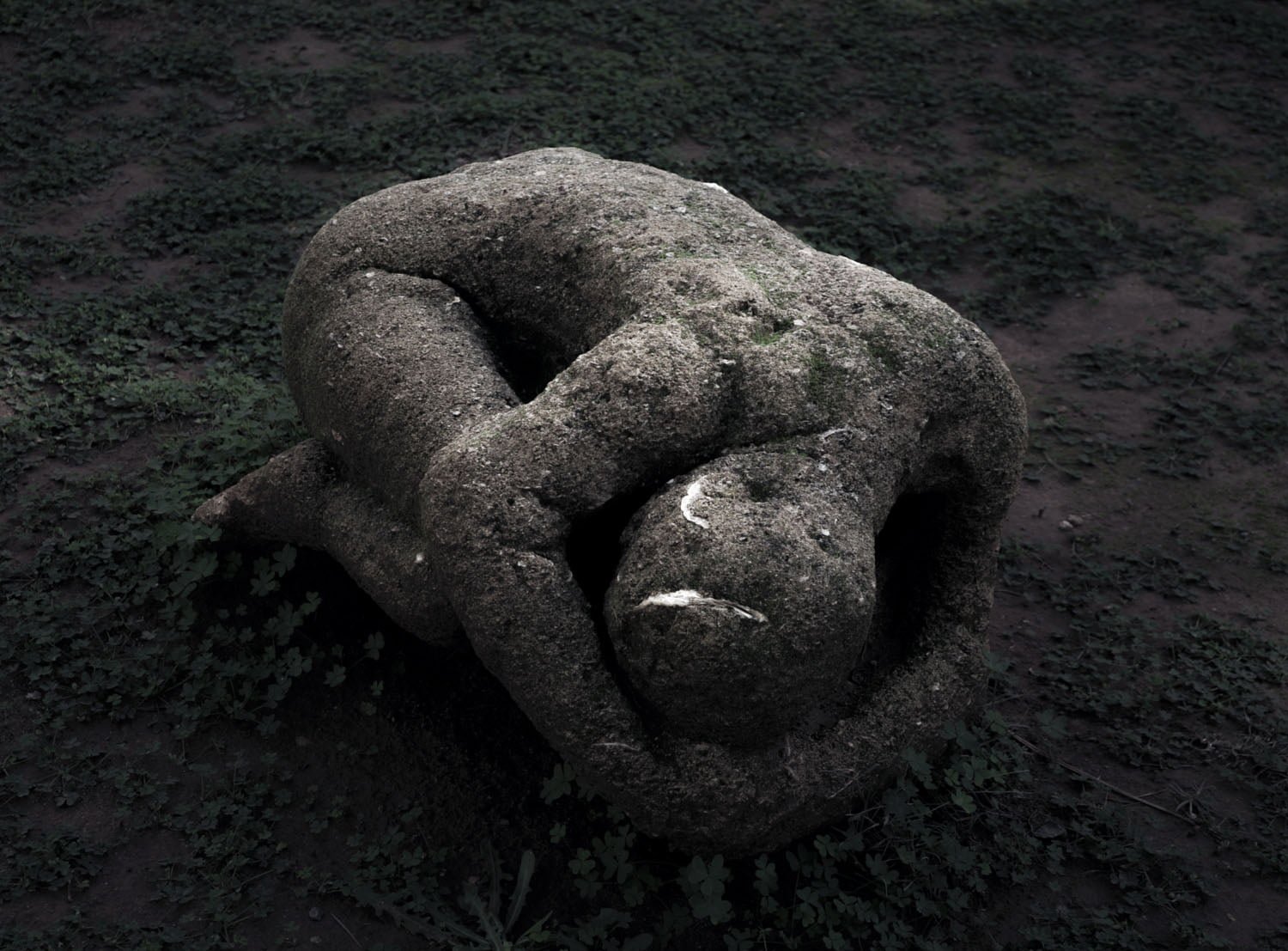As terrorism has seen a new rise in the past decades, organizations such as ISIS, Boko Haram and similar others are thriving on the fear that is increasingly gripping the world. Their way of spreading horror and gaining the obedience of controlled population is largely based on mass torture and killing. However, they are far from alone in this in this practice. Throughout history, torture has been used for a great variety of reasons, ranging from the twisted satisfaction of psychopathic criminals, to state and/or Church sanctioned means of punishing evil doers or extracting confessions; from violently resolving domestic disputes to means of protecting national security.
Depending on context, point of view and ideology, torture has been seen either as a barbaric, sub-human practice which needs to be prevented at all costs or as a necessary evil which helps maintain peace, law and order in society. Regardless of the different views on this violent set of practices, one thing remains clear: for the person on the receiving end, torture is deeply scarring on a physical and mental level, it has long lasting psychological effects and it usually takes a long time to recover from.
The Torture project offers a platform for inclusive interdisciplinary dialogues involving participants from across the academic, professional, business, practitioner, NGO and voluntary sector spectrum.
Activities
Conferences
Torture: An Inclusive Interdisciplinary Conference
Monday 15th July 2019 – Tuesday 16th July 2019
Verona, Italy
Call for papers, presentations and participation now active.

